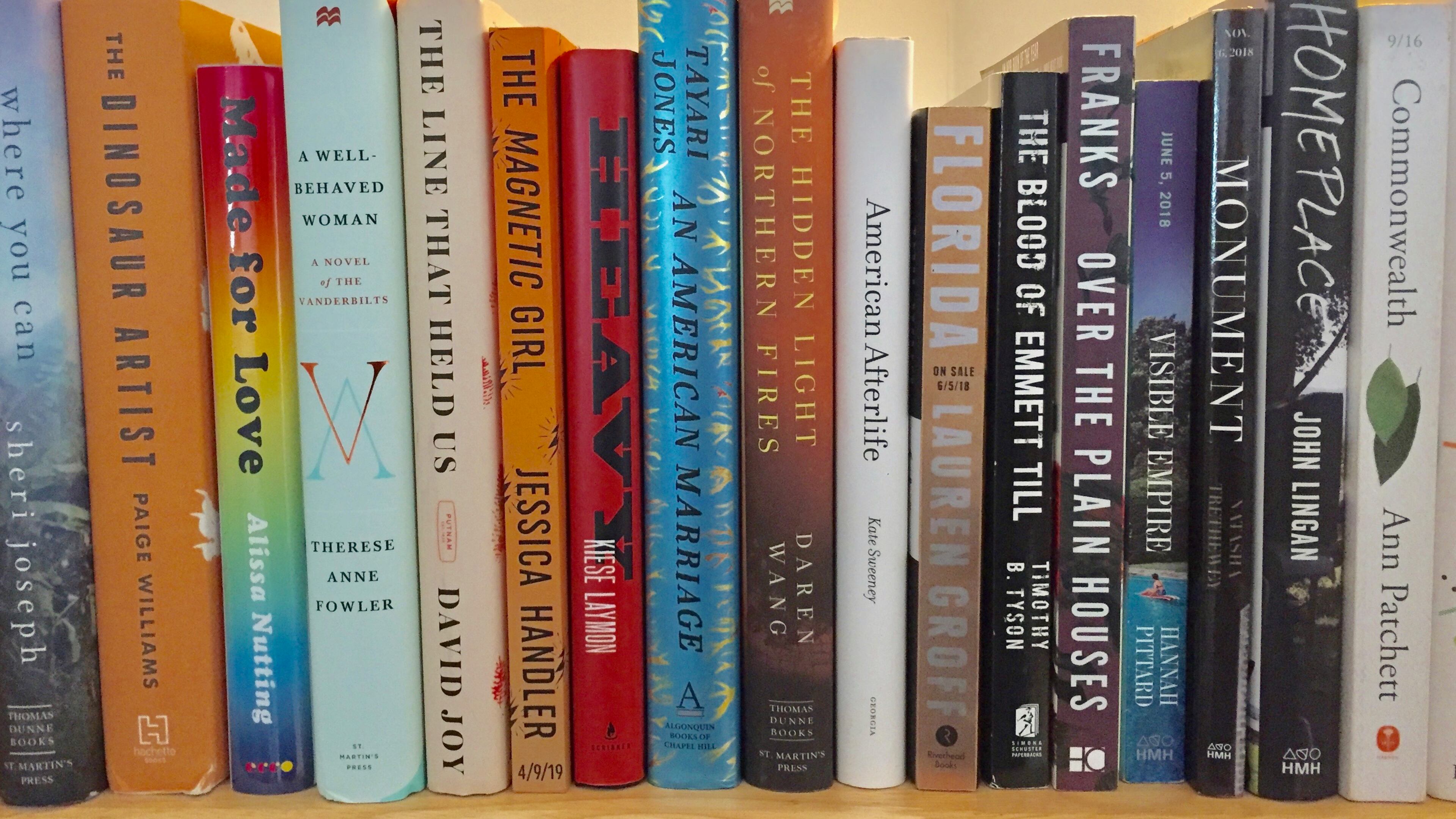Gender-fluid memoir is undercooked

We are hungry for stories, all of us, but sometimes we’re too ravenous for the same old, unhealthy meals. These narratives we tell ourselves — about race, about sex, about gender, about money — are too often like fast food, in that they’re over-processed, under-nourishing and ultimately junky. We fill up on them, convincing ourselves that they are the only food that exists.
Gender constructions are our oldest, most damaging stories. The concept has always been in flux, and always challenged and critiqued, but still we somehow tell ourselves — and then tell others — that there’s only a few acceptable ways to be a boy or a man, to be a girl or a woman, and that there aren’t any points between those poles. We need trans, genderqueer, and otherwise gender-fluid stories, popular narratives of memoir, autobiography and fiction, to show us new recipes for living, or that at least remind us that these recipes have long existed and have even tested out.
Jacob Tobia's "Sissy: A Coming-of-Gender Story" looks to add a much-needed genderqueer model for the growing-up memoir, a new set of tastes and instructions for a new century. In general, we need the book's perspectives but, alas, maybe we don't need this particular book.
Tobia, who identifies as gender-nonconforming and uses the pronoun they, recounts their coming-of-age as a millennial in the 1990s and early 21st century in North Carolina. It’s not clear, though, that Tobia has matured much beyond adolescence. That’s forgivable on the author’s part (if not the editor’s), as they are 27 years old as of this writing, and much of what’s being told happened less than a decade, or even five years, ago.

In any case, the writing hasn’t jelled into much beyond a series of impressions, grievances both fair and unfair, arguments and half-remembered conversations that are punctuated by footnotes, asides and interjections that aren’t nearly funny enough to justify interrupting the narrative’s flow.
After describing that, as a churchgoing youth, Tobia believed a certain sexual act “had something to do with blowing air on or around” genitalia, they can’t resist adding a footnote that tells us the exact same thing: “I wish this were a clever joke, but sadly, it was something I and my friends believed.” Even within the main text, there’s a near-constant self-consciousness and endless proclamations of wokeness that rarely add anything useful to our understanding of Tobia’s slow development toward a homosexual and then a genderqueer identity.
Tobia has merely recorded, rather than digested or processed, their experience, and the result is that “Sissy” is a mess. They include their sub-par college-entrance essay (aren’t they all, in retrospect?), which they insist on reproducing in full, instead of summarizing the contents for the key points. There are a lot of transcripts of conversations with Tobia’s family and endless footnotes and digressions. The constant chatty fourth-wall breaking, instead of buttressing our sense of Tobia’s emergent identity, undermines the reader’s confidence in the author’s command of the story they are telling.
It could be argued that Sissy’s messiness is intentional, that the point is that gender fluidity is messy and so “Sissy” will reflect that presence. Tobia, however, takes pains to make sure we know precisely how enlightened they are, and in what ways. Their persona — glibly hip, jokey, pop-culture allusive, self-referential, liberal in all the acceptable ways (they use the term “late capitalism,” and name-checks gender studies academic Eve Sedgwick) — is calculated.
I rarely get a sense that they ever did or even thought anything wrong. For all of the book’s assertions that this will be a “messy” memoir, very little of the mess is ever attributed to Tobia’s behavior. The world hurts them but we rarely see how they hurt others. That’s fundamentally dishonest, a self-editing of their life into a heroic narrative — a patriarchal construct if there ever was one — that is complete with triumphant letters to their parents at the end that absolve them of their sins.
So, “Sissy” is clean and clear enough when it wants to be, when doing so accentuates the author’s moral rectitude. The asides and throat-clearing seem to serve as masks to hide Tobia’s vulnerabilities, in much the same way that I think David Foster Wallace (a key, if unacknowledged, influence on Tobia) used such verbal tics to keep the reader from getting too close to what he really believed.
The book is most vibrant when Tobia exposes those wounds and longings. After participating in a beauty pageant of sorts, they come to an epiphany about their gender identity: “That night, I realized that I didn’t want what I was wearing to be a costume. I longed for it to be just another outfit — for my femininity not to be my persona, but my person.”

Late in the book, as Tobia comes to terms with being genderqueer along with being gay, they reveal how their overachieving nature has led to an alienating existence. It’s a raw moment that exposes how acceptance of them was always conditional, dependent of their not “acting” too gay or gender-nonconforming in public.”
In this rare glimpse, Tobia bares their soul without adornment or self-conscious affectation or sloppiness.But too much of “Sissy” feels like it’s looking over its own shoulder, trying to be too hip and appropriately woke, saying what the author feels it should say, rather than what it must.
NONFICTION
‘Sissy: A Coming-of-Gender Story’
by Jacob Tobia
G.P. Putnam’s Sons
336 pages, $26

